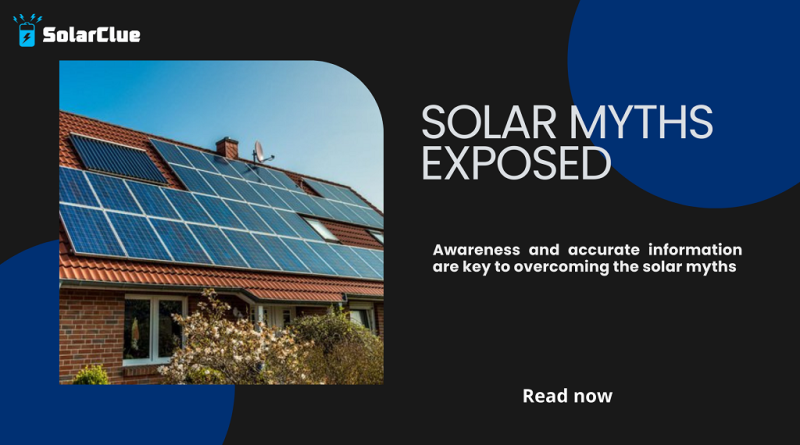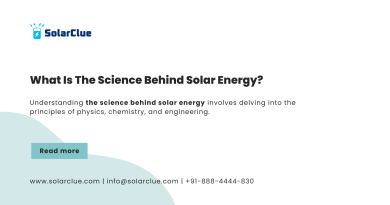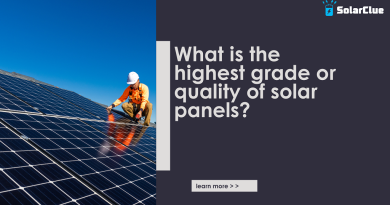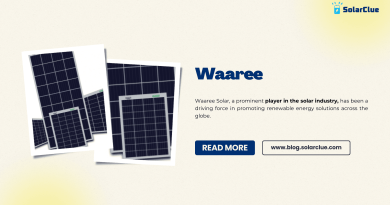Solar Myths Exposed
Solar energy is gaining increasing recognition as a fundamental part of the global shift towards renewable energy. Despite this, a myriad of misconceptions around solar energy persist, often causing confusion and providing a barrier to a broader understanding and acceptance of this sustainable technology. These misconceptions, often referred to as solar myths, have made it difficult for many individuals and businesses to make well-informed decisions. In this article, we aim to debunk some of the most common solar myths, casting light on the often misunderstood world of solar energy.
Table of Contents
Solar Panels Don’t Work Well in Cold Climates
Contrary to common belief, the efficiency of solar panels is not always directly proportional to the temperature. Yes, solar panels need sunlight to generate energy, but they actually perform better in colder temperatures. The misconception stems from the confusion between light and heat. While solar panels do use light from the sun, heat can, in fact, detract from their efficiency. In colder climates, the sunlight is often just as abundant and can generate ample energy when captured by well-installed panels.
Solar Panels are Not Economical
The supposed high cost of solar panels is another common myth. Over the past few years, the prices of solar panels have dropped dramatically while their efficiency has increased. In addition, governments worldwide are providing subsidies and tax incentives for solar panel installation. When considering these factors in conjunction with the reduced long-term electricity costs, solar panels can often be a cost-effective investment.
Solar Panels Require Constant Maintenance
Many people believe that solar panels need significant maintenance, which can involve additional time and expense. However, this couldn’t be more untrue. Solar panels are typically very durable and require little to no maintenance. Most manufacturers guarantee their product for 25 to 30 years, and many solar panels continue to function well beyond their warranty. Rain usually serves as natural cleaning, washing away dust or snow collected on the surface of panels, and further reducing maintenance needs.
Solar Energy Cannot Power My Entire Home
This myth is a result of underestimating the powerful potential of solar energy. Depending on the size of your home, your energy consumption, and the number of panels installed, it may be very possible to cover all of your energy needs with solar power alone. And with the incorporation of a solar battery storage system, excess solar energy generated during the day can be stored and used during the night or on cloudy days, providing continuous power supply.
Installing Solar Panels Will Damage My Roof
Solar panel installation does not inherently damage your roof. In fact, solar panels can actually add a layer of protection to your roof, helping to safeguard it against weather damage. Technicians installing these panels are adept at ensuring that the brackets are secured without causing any harm to the roof. It’s also worth remembering that many solar panels are relatively light, so they don’t add considerable weight or stress to the roof structure.
Conclusion
Awareness and accurate information are key to overcoming the solar myths that can cloud public perception. As we’ve seen, many of these common misconceptions do not stand up to the illumination of facts. From efficiency in cold climates to economic viability, low maintenance needs, whole-house power potential, and roof protection, solar panels offer myriad benefits. By debunking these prevalent solar myths, we hope to have provided clearer insights into the world of solar energy – a sustainable, innovative solution that’s not just good for the environment, but also for our wallets in the long run.
Here at SolarClue®, we offer a smart, practical, and “beautiful” solution. You will be answered for all the questions related to Solar.
We provide all kinds of brands that are the Best Solar panels in India.
If you are the one who is planning for the solar power system. Don’t hesitate to contact our team!
Looking forward to empowering you with solar energy, just like hundreds of our other clients!




